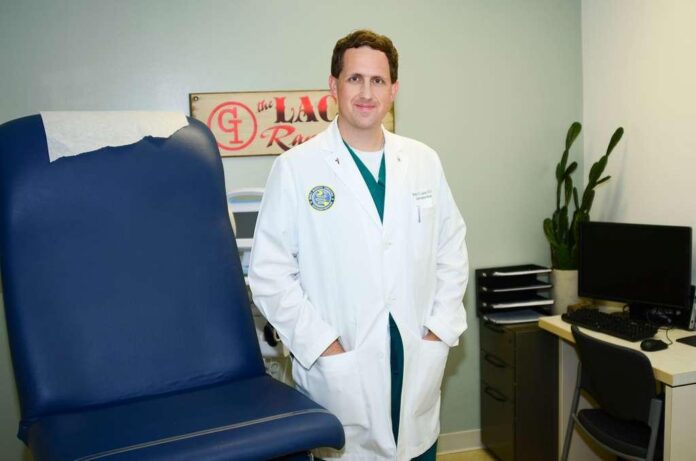
The Role of Gastroenterologists in Diagnosing and Treating Stomach Problems
The digestive system is a complex network of organs that work together to process the food we eat and extract important nutrients our bodies need to function properly. When the digestive system is not working as it should, it can lead to a variety of stomach problems that can be painful and disruptive to daily life. Gastroenterologists are medical doctors who specialize in diagnosing and treating disorders of the digestive system, including the stomach.
In this article, we will discuss the important role that gastroenterologists play in diagnosing and treating stomach problems, and how they can help patients find relief from their symptoms.
What is a Gastroenterologist?
Gastroenterologists are physicians who have completed specialized training in the diagnosis and treatment of disorders of the digestive system. This includes the stomach, intestines, liver, and pancreas. They are experts in evaluating and managing a wide range of conditions that affect the digestive system, including acid reflux, ulcers, Crohn’s disease, and colon cancer.
Gastroenterologists undergo extensive education and training to become experts in their field. After completing medical school, they must complete a residency in internal medicine, followed by a fellowship in gastroenterology. This additional training allows them to develop the skills and expertise needed to diagnose and treat a variety of digestive disorders.
Diagnosing Stomach Problems
One of the most important roles of a gastroenterologist is to diagnose stomach problems. This often begins with a thorough medical history and physical examination. Gastroenterologists will ask patients about their symptoms, diet, lifestyle, and medical history to help them better understand the underlying cause of the problem.
In addition to a physical examination, gastroenterologists may recommend a variety of diagnostic tests to help identify the source of the patient’s symptoms. These tests may include blood tests, imaging studies (such as an X-ray or ultrasound), and endoscopic procedures (such as a gastroscopy or colonoscopy).
Endoscopic procedures are a key tool that gastroenterologists use to diagnose stomach problems. During these procedures, a thin, flexible tube with a camera on the end is inserted into the digestive tract to allow the doctor to see inside the stomach and intestines. This can help identify problems such as ulcers, inflammation, or tumors.
Treating Stomach Problems
Once a diagnosis has been made, gastroenterologists work with patients to develop a treatment plan that is tailored to their individual needs. Treatment for stomach problems may include medication, lifestyle changes, or surgery, depending on the underlying cause of the issue.
Medication is often used to manage stomach problems such as acid reflux, ulcers, and infections. Gastroenterologists may prescribe antacids, proton pump inhibitors, antibiotics, or other medications to help reduce symptoms and promote healing. Patients may also be advised to make changes to their diet and lifestyle to help manage their condition.
In some cases, surgery may be necessary to treat stomach problems. Gastroenterologists are trained to perform a variety of surgical procedures, including laparoscopic surgery, which uses small incisions and a camera to visualize and operate on the digestive tract. Surgery may be recommended for conditions such as severe ulcers, tumors, or blockages that are not responsive to other treatments.
Follow-Up Care
After a diagnosis has been made and treatment has begun, gastroenterologists continue to play a key role in the ongoing care of patients with stomach problems. This may include monitoring symptoms, adjusting medication dosages, and performing additional diagnostic tests as needed to ensure that the treatment is working effectively.
Regular follow-up appointments with a gastroenterologist are important for managing chronic stomach problems and preventing complications. Gastroenterologists work closely with patients to help them understand their condition and provide ongoing support and guidance to help them achieve optimal health and well-being.
Conclusion
In conclusion, gastroenterologists play a vital role in diagnosing and treating stomach problems. Their expertise in the field of digestive disorders allows them to accurately diagnose the source of a patient’s symptoms and develop an effective treatment plan to help them find relief. By working closely with patients to understand their individual needs and concerns, gastroenterologists can provide comprehensive care that addresses the root cause of the stomach problem and promotes long-term health and well-being. If you are experiencing stomach problems, it is important to seek the expertise of a gastroenterologist who can help you find the answers and treatment you need.

















